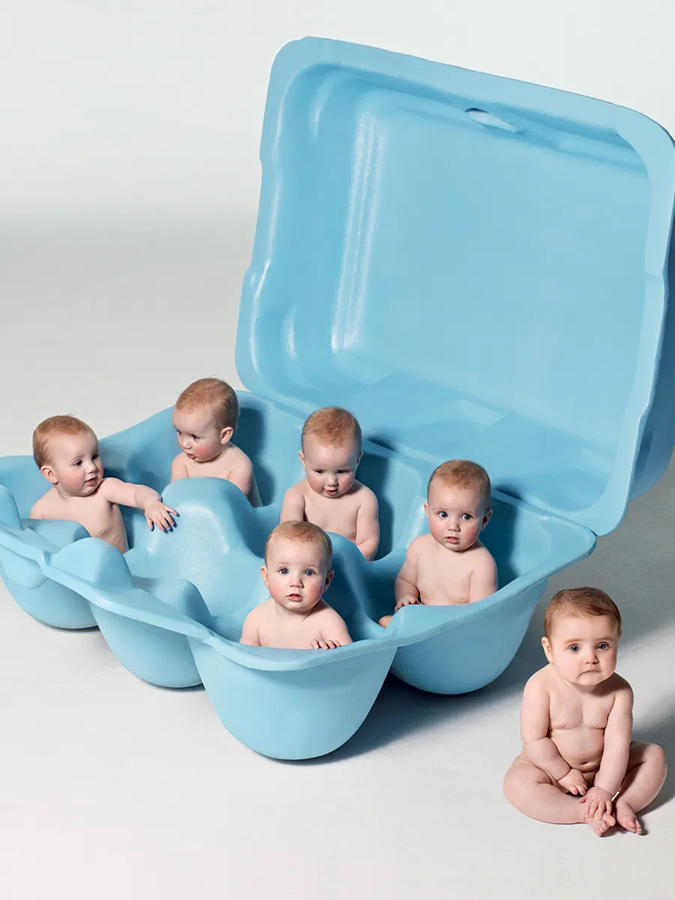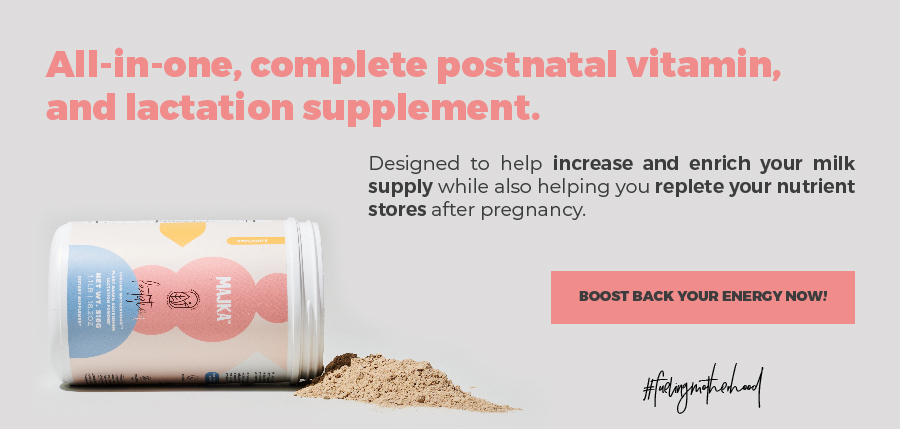
Many people struggle with infertility, medical conditions and life choices that interfere with having a baby; and although you and your partner may not necessarily be in a rush to get pregnant, we know that woman’s fertility declines over the years, which can make you feel in a need to rush things or in a feeling that you family planning wont be able to be done.
In the following we will tell you about an alternative that can help out with this and let you plan your family regarding your specific needs.
What is egg freezing?
Egg freezing is a fertility preservation technique, also called oocyte cryopreservation, in which women can freeze and store their eggs for future use.
This process involves retrieving your eggs to freeze them at a very low temperature and storing them until you are ready to use them to get pregnant.
This technique can be used if you wish to avoid a potential risk that you may become a premature infertile (if you have been diagnosed with early menopause or if you are undergoing chemotherapy for example); or it can be used in the term of social egg freezing, which describes women who wish to delay having a baby until later in life.
At what age is it recommended to be done?
Egg freezing means that you can freeze your eggs at the optimal fertile age, ideally 35 or younger; using these ‘younger’ eggs has been demonstrated to result in a higher chance of getting pregnant.
When you are ready, you can use these eggs in fertility treatment (according to your healthcare provider guidance).
Eggs frozen at a younger age have a higher chance of success. Women who freeze their eggs in their 20s or early 30s typically have higher success rates compared to those who freeze their eggs in their late 30s or early 40s, but keep in mind that every person is different and maintain your healthcare provider close to get the advice that you need regarding your specific case.
How is the procedure done, are there any risks for my health?
The egg freezing process typically involves the following steps:
- Ovarian Stimulation: before taking your eggs out, you may get hormonal medication in order to encourage your ovaries to produce multiple eggs in a single cycle.
- Egg retrieval: once your eggs have matured, they are retrieved through a minor surgical procedure called transvaginal ultrasound-guided follicle aspiration in which a thin needle is used to extract the eggs from your ovarian follicles.
- Cryopreservation: your eggs are now rapidly cooled and then frozen using a process called vitrification, which means that your eggs are placed in a specialized solution and freeze at extremely low temperatures to prevent ice crystal formation (that could damage your eggs).
- Storage: your frozen eggs are now stored in a specialized cryopreservation facility. They can be stored for several years, and the quality of the eggs is maintained during this time.
- Thawing and Fertilization: once you are ready to use your frozen eggs, they are thawed and fertilized with sperm in a laboratory using techniques like in vitro fertilization (IVF) or intracytoplasmic sperm injection (ICSI).
- The resulting embryos from the last step are cultured for a few days before being transferred to your uterus.
This technique of egg freezing is generally considered safe as the process itself doesn’t pose significant health risks to most women. However, as with any medical procedure, there are some potential risks and considerations that are important to be aware of:
- Anesthesia risks: during the procedure, you will be under anesthesia which can involve allergic reactions or adverse effects.
- Ovarian Hyperstimulation Syndrome (OHSS) is a potential risk when using fertility medications to stimulate egg production. In some cases, the ovaries can become swollen and painful.
- The egg retrieval procedure carries minimal risks, such as bleeding or infection at the injection site.
- Emotional and psychological impact of egg freezing could turn into experiencing stress, anxiety, or emotional challenges related to the process.
The good news is that this all is very rare, just keep in mind that since this is a relatively recent technique, the long-term health effects for women who have frozen and used their eggs are not fully understood; but keeping your doctor close can help you to resolve all your doubts and give you the guidance that makes you feel best regarding this matter.
How much does it cost?
This really depends on where you do it, but in general terms, a single cycle of egg freezing can cost around $4,500 to $8,000 and the injectable medication, separately, can cost between $4000 and $6000 per cycle.
Also, storing your eggs has an additional cost which can be over $500 per year. The long-term effects of storing eggs for an extended period are not fully known, as the technology is relatively new. However, current research suggests that frozen eggs can be stored safely for many years without significant degradation.
If you have health insurance, it may have a plan to help out with this cost.
How successful is it?
The success of egg freezing depends on various factors, including your age at the time of the process, the number of eggs that you have frozen, and the quality of the eggs.
Generally, the younger you are when you freeze your eggs, the higher the chances of success when you decide to use them.
Also, the more eggs that are frozen, the better the chances of success since it provides more opportunities for viable embryos to be created when the eggs are eventually used. The quality of your frozen eggs is important as well since high-quality eggs have a better chance of surviving the freezing and thawing process and subsequently fertilizing and developing into healthy embryos.
Another thing to keep in mind is that the thawing process can affect the survival of frozen eggs. Not all eggs survive it, and some may not fertilize or develop into viable embryos after thawing. The quality of embryos resulting from the thawed eggs also influences success. Embryos with normal chromosomal content are more likely to result in successful pregnancies.
Other factors, such as your overall health, reproductive health conditions, and the health of your partner’s sperm (if applicable), can also impact the success of egg freezing.
Success rates can vary between fertility clinics and geographic locations. It’s important to note that while advancements in technology and techniques have improved the success rates of egg freezing over the years, egg freezing is not a guarantee of future pregnancy.
Always consult a fertility specialist to provide more accurate information about your specific situation, as they can guide you in making an informed decision about whether egg freezing is the right option for you.
In Breastfeeding 101 we hope this information has helped you to learn more about what egg freezing means and involves.
We love to have you here and invite you to follow all our content regarding health topics and if you want to learn more about egg freezing, here are some of the sources that made this article possible:
- Egg freezing – Information for patients I NHS
- Elective Egg Freezing for Non-Medical Reasons: Scientific Impact Paper No. 63 I National Library of Medicine
- Exploring the Demand for Elective Egg Freezing: An Incentive-Compatible Experiment I SSRN
- No. 356-Egg Freezing for Age-Related Fertility Decline I ScienceDirect
- Oocyte cryopreservation review: outcomes of medical oocyte cryopreservation and planned oocyte cryopreservation I BMC
- Ovarian hyperstimulation syndrome I Mayo Clinic
- ‘Sobering’ Study Shows Challenges of Egg Freezing I The New York Times
- Social egg freezing: risk, benefits and other considerations I National Library of Medicine
- Transvaginal ultrasound guided follicular aspiration of bovine oocytes I The National Library of Medicine
- What to Know Before You Freeze Your Eggs I The New York Times
- What you need to know about freezing your eggs I The Washington Post
Annie Rueb






